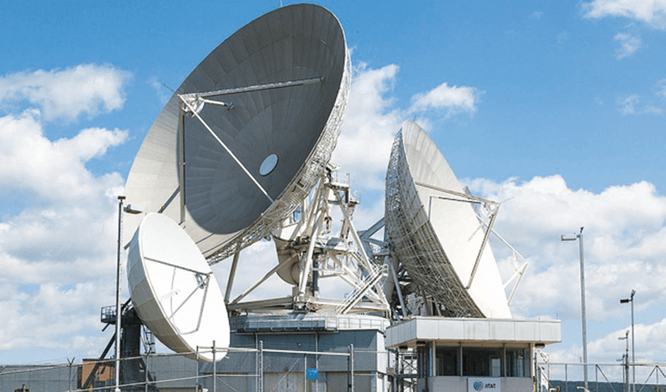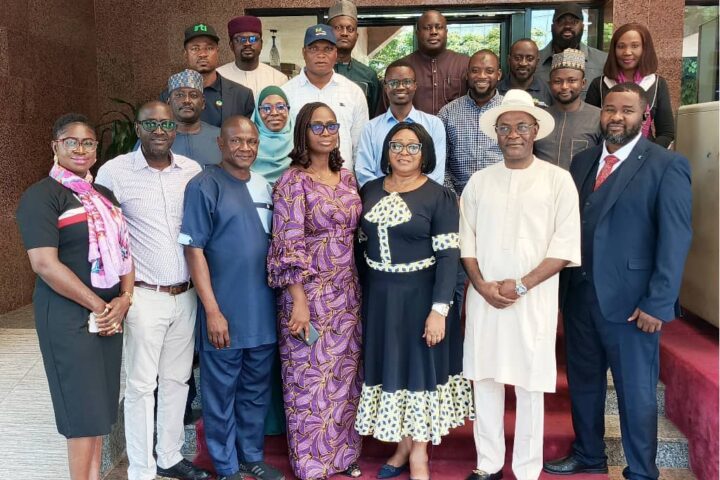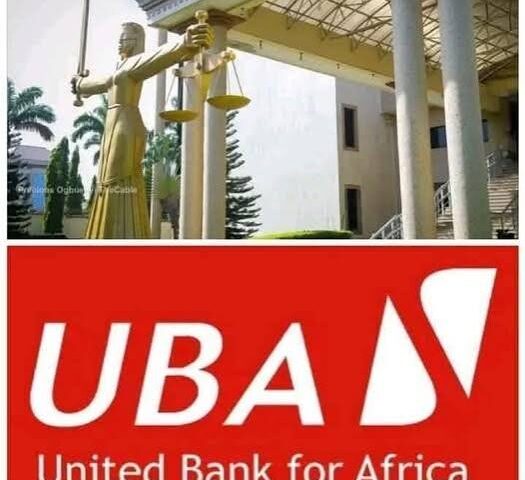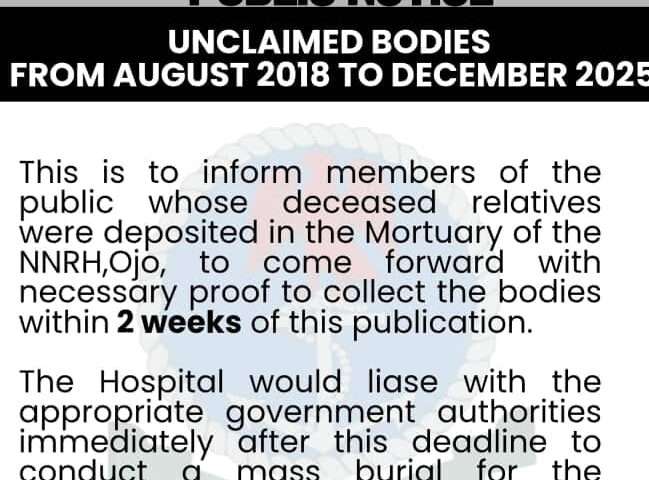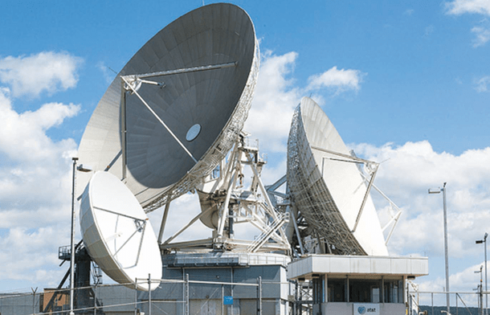
The Association of Licensed Telecommunications Operators of Nigeria has hinted that it will disconnect Financial Service Providers from Unstructured Supplementary Service Data services from March 15 until they pay their over N42bn debt.
The association conveyed the warning in a statement titled ‘Withdrawal of USSD services to financial service providers due to huge indebtedness to telecom network operators’,adding that the service withdrawal had become necessary due to the lack of agreement on a payment structure with the banks that did not involve the end-user being asked to pay.
It noted that following the issuance of the USSD pricing determination by the Nigerian Communications Commission which resulted in a price review of USSD service by the telcos, the banks decided that they would no longer pay for USSD service delivered to their customers and requested the telcos to charge customers directly for use of the USSD channel.
The telcos lamented that the banks provided no assurances that such service fees charged to customers’ bank accounts for access to bank services through the USSD channel would be discontinued post implementation of end-user billing by the telcos.
It said in the statement: “It has been more than eight months since the NCC issued an updated pricing methodology for USSD services for financial transactions in Nigeria.The methodology explicitly restricts Mobile Network Operators from charging the end user for the services and mandates the banking sector to enter into negotiations to settle outstanding obligations and agree individual pricing mechanisms to be applied going forwards.
“During this time, MNOs have continued to provide access to USSD infrastructure and our members have continued to pay all bank charges and fees to access the banking industries assets and customers, despite the fact that obligations due from banks to telecoms companies for USSD services has reached over N42bn.”
The telecom operators said this was in consideration of millions of Nigerians who had become more reliant on accessing financial services through the USSD infrastructure due to COVID movement restrictions.
They noted that due to the inability of the banks to agree on a payment structure, the government had been forced to intervene to ensure a sustainable cost-sharing solution was agreed that did not disadvantage the consumer in the long-term.
They added that the removal of the service fees by the FSPs would have meant that if bank customers were charged only the USSD costs communicated by telcos per USSD session, bank customers would be paying far less than what they were currently being charged by the FSPs, which in some instances were as high as N50.


